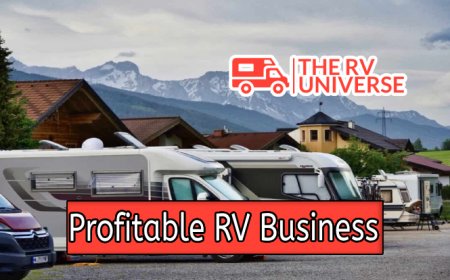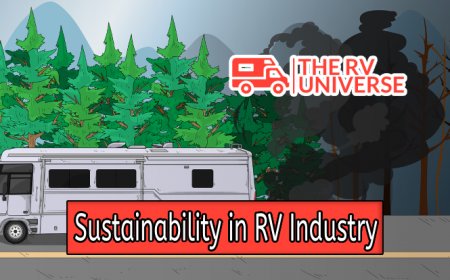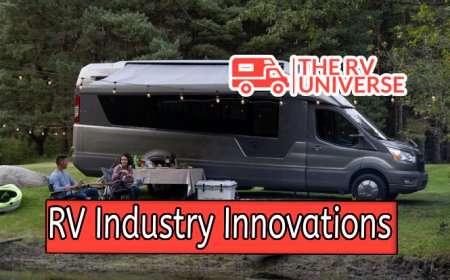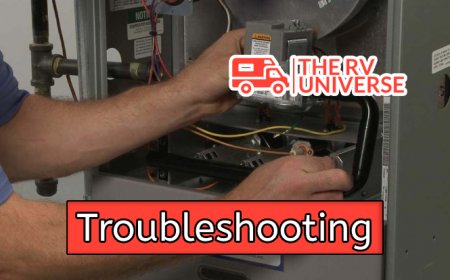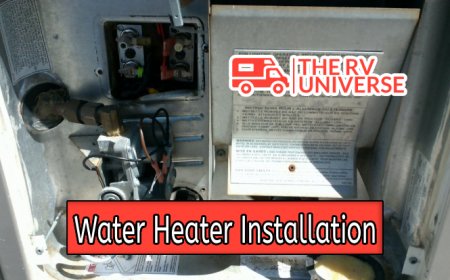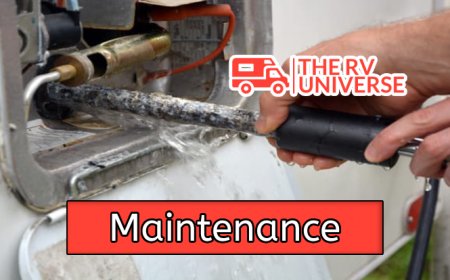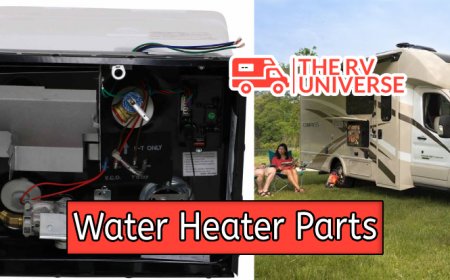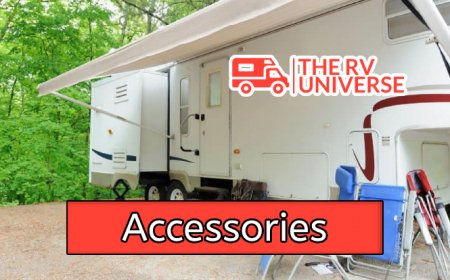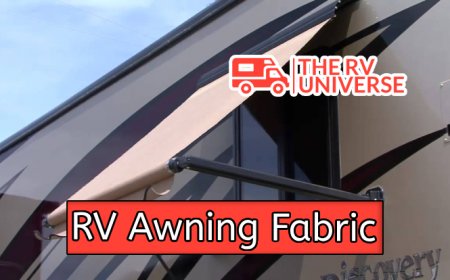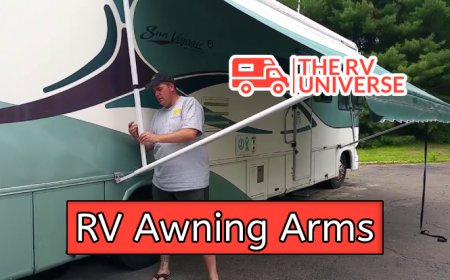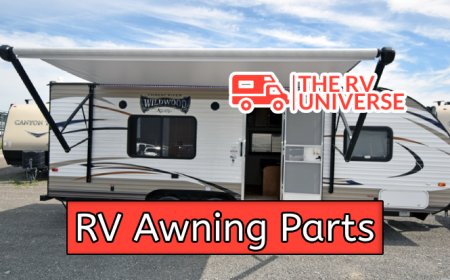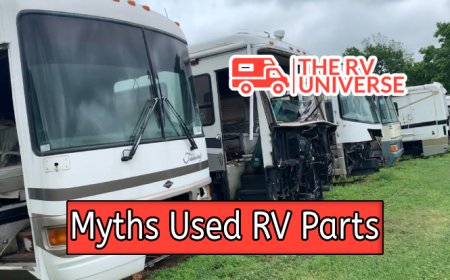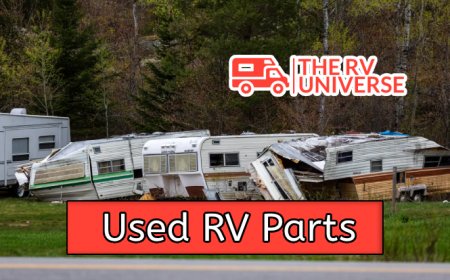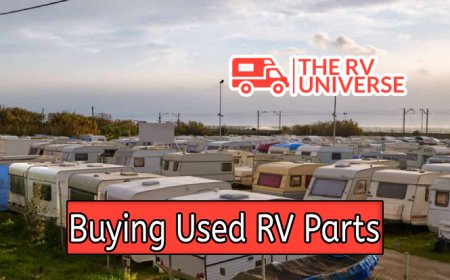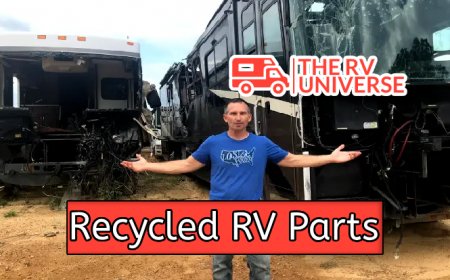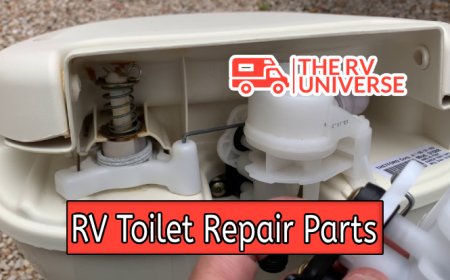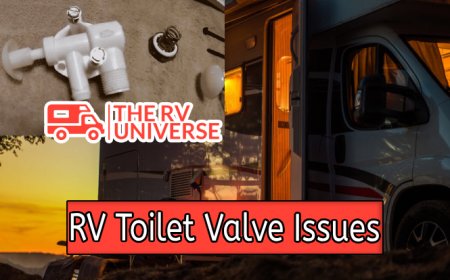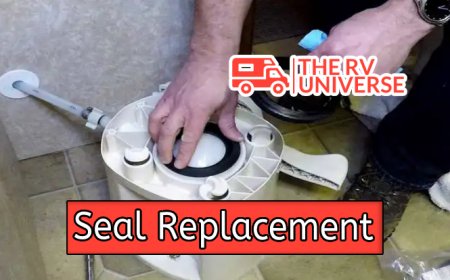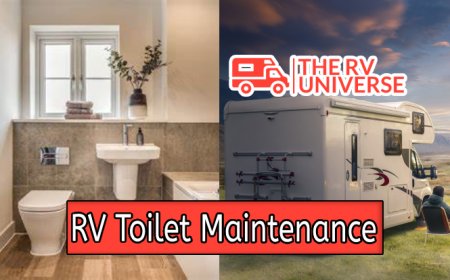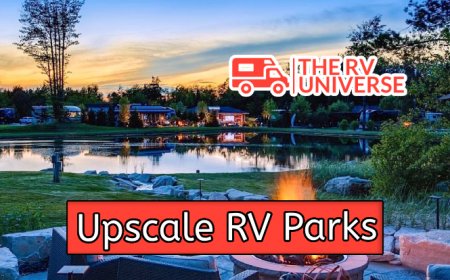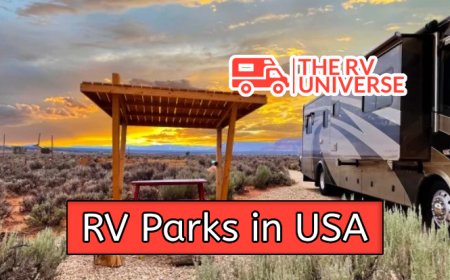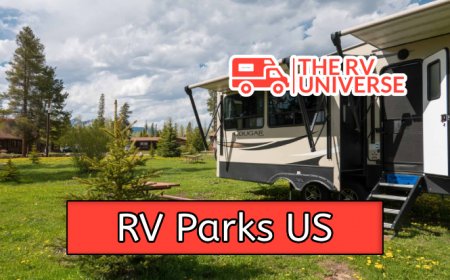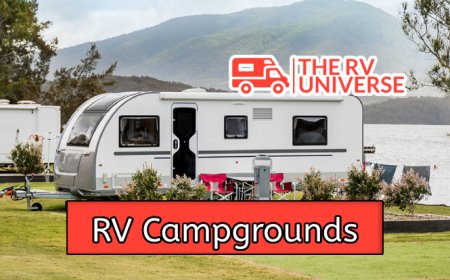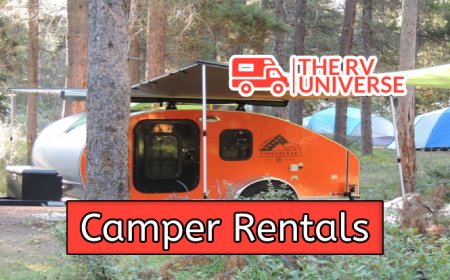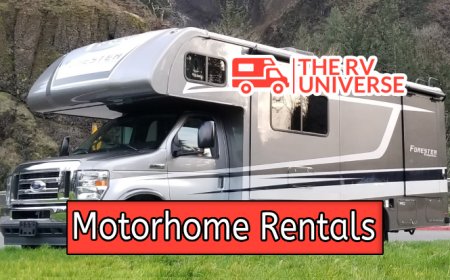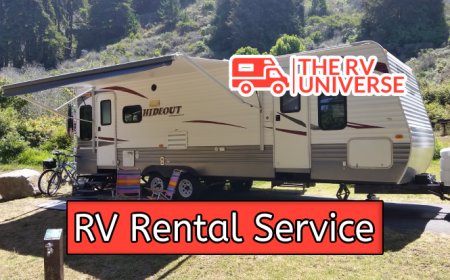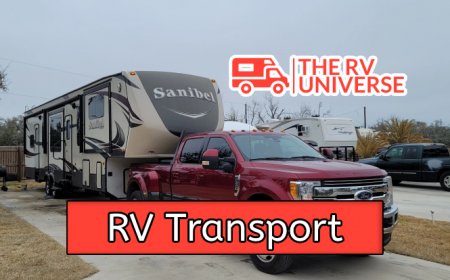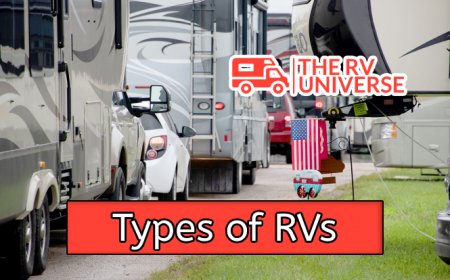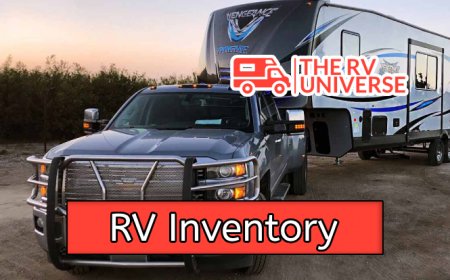RV Water Heater Troubleshooting
Solve common issues with your RV water heater using our comprehensive troubleshooting guide designed for hassle-free travel.
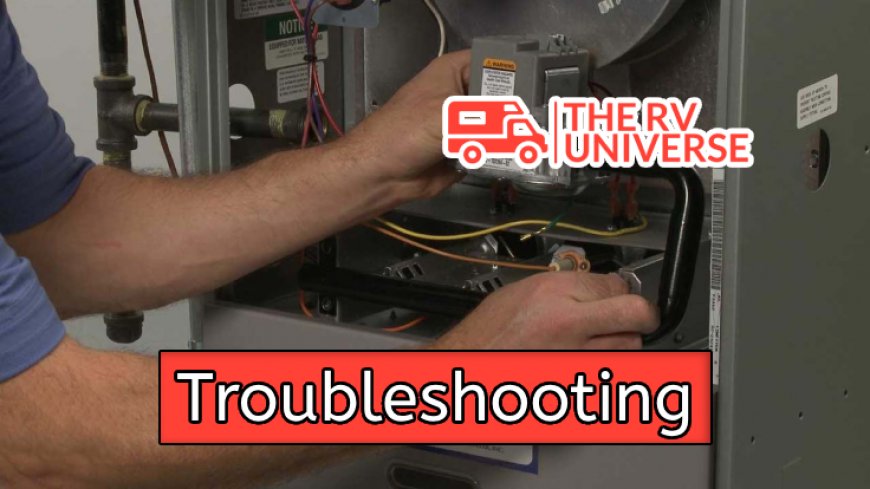
Frustrations with your RV water heater can put a damper on your road trip adventures. In this thorough guide on RV Water Heater Troubleshooting, we are going to equip you with practical tips and advice to solve common issues. Whether it's lack of hot water, strange noises, leaking issues, or maintenance routines, we have got you covered.
Streaming Hot: Why RV Water Heater Troubleshooting is Essential
The essence of this guide goes beyond the basics. We aim to make troubleshooting your RV water heater a task you can confidently tackle. Don't let the adventure slow down due to water heater disruptions. Our objective is to keep your exploratory spirit high, promote self-reliance, and ensure your RV journey remains a seamless one.
Table of Contents
- Understanding RV Water Heaters
- Common RV Water Heater Problems
- No Hot Water? Here's What to Do
- Strange Noises or Smells from Heater
- Dealing with Rusty Water or Leaks
- RV Water Heater Maintenance Tips
- When to Seek Professional Help for RV Water Heater Troubleshooting
Understanding RV Water Heaters
Similar to home-based systems, RV water heaters provide the convenience of hot water while you're on the road. They function by heating water that then flows to your shower, sinks, and other water points inside the RV. The types of RV water heaters fall under two main categories - propane and electric. Understanding the mechanism of your RV’s water heater allows you to make informed decisions when troubleshooting occurs, and aids in preserving its longevity.
Propane Water Heaters
These heaters use a propane burner to heat the water tank. Once the water reaches a set temperature, the burner turns off automatically. Should the water temperature drop, the burner reignites.
Electric Water Heaters
Electric heaters utilize a resistance heater that's similar to those you might find in an electric kettle. They're typically slower and less potent than propane heaters, but come in handy for travelers who frequent places with electricity hookups, such as RV parks or campsites.
Common RV Water Heater Problems
Identifying common problems that affect water heaters can be the first step towards a successful RV water heater troubleshooting process. Here are the most frequently encountered issues:
- No hot water: This usually indicates a problem with the gas supply or the propane heater.
- Insufficient hot water: Could be due to a reduced gas flow or a faulty thermostat.
- Pilot light failure: Common culprits are blockages in the tube or vent.
- Rusty or muddy water: Could indicate sediments in the tank or corrosion.
- Water leak: Typically due to a crack in the tank or faulty connections.
- Strange smells or noises: This might be a result of sediment build-up.
No Hot Water? Here's What to Do

The sudden lack of hot water can be a real drag while you're on your journey. If you find yourself in this situation, the first thing to check should be the propane supply if you're using a propane water heater. Confirm whether the propane levels are adequate and if the tank valve is open.
Propane Supply
If your propane supply is all good, the problem might lie in the burner. Sometimes small insects or spiders nest in the burner tube causing blockages, which can lead to a failure in lighting. Consider cleaning the tube and attempting a relight.
Electrical Issues
For electric water heaters, ensure electricity is reaching your RV and the heater. If power isn’t the issue, the heating element or thermostat might be the culprit. A multimeter can be a handy tool to check if they're working correctly. If you sign a failure, you might need to replace the faulty parts.
Strange Noises or Smells from Heater
Strangely enough, your RV water heater can make odd noises or start giving off peculiar smells, both of which can be rather unsettling. Noise typically comes from the build-up of hard water minerals and sediment in the tank. A deep cleaning process can be carried out to remove these unwanted substances.
Smells, on the other hand, are usually a result of a reaction between the water, an anode rod (if any), and certain bacteria. A potent solution of vinegar and water can aid in combatting this issue.
Dealing with Rusty Water or Leaks
Water discoloration is often caused by the corrosion of the water heater tank, leading to rusty waters. In this case, the tank may need to be replaced to avoid further damage.
Leaks usually occur due to faulty connections or a cracked tank. These issues should be addressed promptly to prevent water damage to your RV. Here are a few things you can do:
- Identify the source of the leak: Try to locate exactly where the water is coming from. Check the heater’s pressure relief valve and drain plug as these areas are prone to failure due to excess pressure or not being sealed correctly.
- Replace seals or valves: If the leak is from the pressure relief valve or drain plug, replacements could solve the issue.
- Check your connections: Ensure all connections are secure and free from damage.
Pro Tip!
Always monitor your water heater for any signs of cracks or leaks. Regular maintenance is key in preventing these issues, saving you both time and money in the long run.
RV Water Heater Maintenance Tips
One of the most effective ways to prevent problems is to take proactive care of your RV water heater. Below, we provide a handy checklist of maintaining your water heater to help ensure it has a long and functional life:
- Inspect regularly: Make it a habit of checking your water heater regularly for leaks, rust, or any signs of damage.
- Clean the tank: Empty and thoroughly clean the tank periodically to remove mineral deposits and prevent rust.
- Verify the anode rod: If you have one, check the anode rod yearly for any damage. Replace it if more than half is eaten away.
- Check and clean the vent: Ensure the vent and flue are free from obstructions that could hinder the operation of a propane water heater.
When to Seek Professional Help for RV Water Heater Troubleshooting
While you can handle many RV water heater issues on your own, there may be times when seeking professional help would be the wise choice. Large leaks, extensive rust, pilot light issues, and frequent failures are usually signs there's more going on than meets the eye. These situations often require special tools, specific knowledge, or replacements. A qualified RV technician will be able to appropriately diagnose and fix the issue, ensuring your safety on the road.
The journey to understand and troubleshoot your RV's water heater can be challenging, but with this guide in hand, you're already one step closer to smooth RV travels.
Remember, the open road becomes much more comfortable with a hot shower at the end of the day! So, keep your water heater in check, understand its needs, and you'll fuel not only your RV adventures but your passion for the beautiful lifestyle it offers.
What's Your Reaction?













